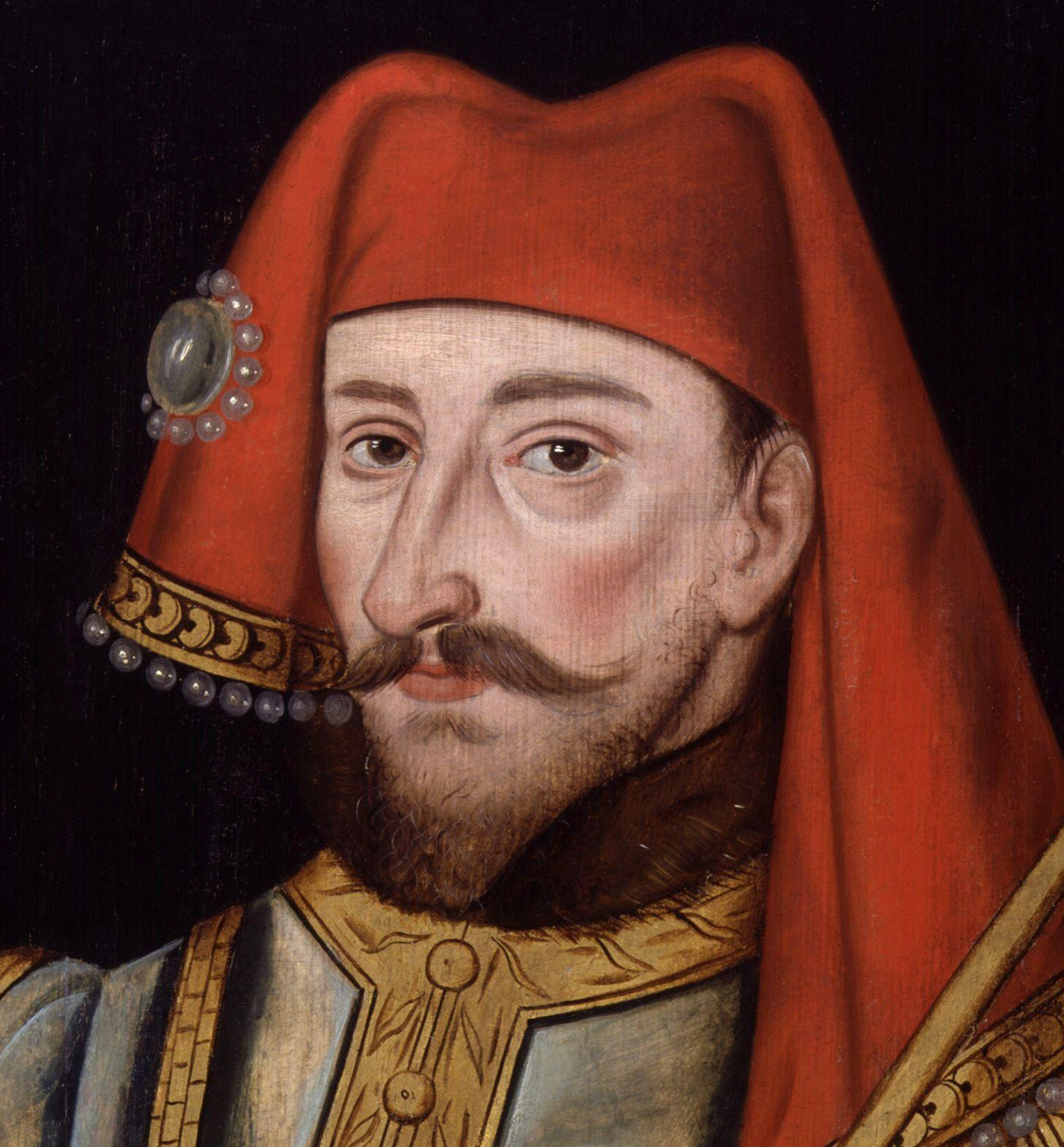 And in the visitation of the winds,
And in the visitation of the winds,
Who take the ruffian billows by the top,
Curling their monstrous heads and hanging them
With deafening clamour in the slippery clouds,
That, with the hurly, death itself awakes?
Canst thou, O partial sleep, give thy repose
To the wet sea-boy in an hour so rude,
And in the calmest and most stillest night,
With all appliances and means to boot,
Deny it to a king? Then happy low, lie down!
Uneasy lies the head that wears a crown.
William Shakespeare (Henry IV, Part 2. Act III. Scene 1.)
In Shakespeare’s day, the concept of “king” was clear-cut, and so was the idea that kings, like the rest of us, face threats real and imagined, deal with anxieties to varying degrees of effectiveness, and in the end – sleep fitfully at best. This was and remains true for kings whether noble, or venal and mendacious; whether governing justly and equitably, under law; or imposing their will through bullying and brute force. The noble are beset by the weight of their responsibilities; the ignoble by fear of losing their fragile (and often ill-gotten) position of privilege.
Case in point: Henry IV (pictured above) was tormented by his deep fatigue, illness, guilt and remorse at his murder of his predecessor (the hapless Richard II), and rebellion in his kingdom. (He wonders why a mere boy on shipboard, tossed by wild seas, can sleep better than he can.) Many of today’s corrupt leaders share similar concerns (and suffer similar insomnia): the Swiss bank account that is coming to light; the illegitimate accumulation of wealth by family and close friends that is prompting national anger; the loosening of the once-firm grip on power that comes with the ravages of age. Najib Razak, the current prime minister of Malaysia, who has been accused of diverting $1B into his personal accounts from a state investment firm; Robert Mugabe, the president of Zimbabwe, at age 83 nearing the end of his string: these and others come to mind.
Of course, power and influence today are more broadly distributed, unevenly to be sure, but nevertheless widespread. Presidents and prime ministers share power with legislators and with leaders of business and others. And truth be told, since all flaws of character are manifest in each of us, from the greatest to the least, all these individual leaders, now numbering in the millions, can and do lose sleep on any given night from the most high-minded concern to the pettiest.
But here’s one concern that’s shared, across the board, that’s common to all – the adequacy and continuity of critical human needs for food, water, and energy.
King, president, prime minister, dictator, governor, mayor, business leader – all want to know that across their jurisdiction:
- water flows from every tap,
- food is plentiful at every store and in every home,
- there’s electricity at every outlet, natural gas in all the right pipelines, and gasoline at every pump, and
- the whole is drinkable, edible, or otherwise within design parameters, and cheap.
That’s because any interruption in availability or quality of these necessities[1], any spike in price, however local, however momentary, triggers social unrest in corresponding measure. It matters not whether the trigger is a lack of natural resources, prohibitive expense, a natural catastrophe, or inadequate investment in infrastructure, or some combination of all these. Public need for all these cannot be postponed. In consequence, in the face of any such breakdown, the public will accept no excuses from leadership. As the scale and severity of the disruption grows or the condition persists, popular fears and anger multiply. Past a certain point, society breaks down. In the extreme, the end result is a failed state, often accompanied by the rise and migration of refugee populations that impact neighboring nations. Somalia, Yemen, South Sudan, Syria fall into this category. Others, such as Venezuela, are not far behind[2]. Along the way, the leader’s crown is inevitably passed to another.
In the next LOTRW post: what world leaders will pay over the next twenty years to rest a little easier.
_____________
[1] And others: waste disposal, communications, and financial services (witness the recent India recall of 500-and 1000-rupee notes). In some areas, e.g., urban China, breathable air gets added to the list.
[2] Armed conflict plays a role in such disruption, and such disruption can trigger armed conflict; there is a complex relationship between the two not treated here.

Wonderfully written. Thank you.
Thanks for the encouragement, Ed!